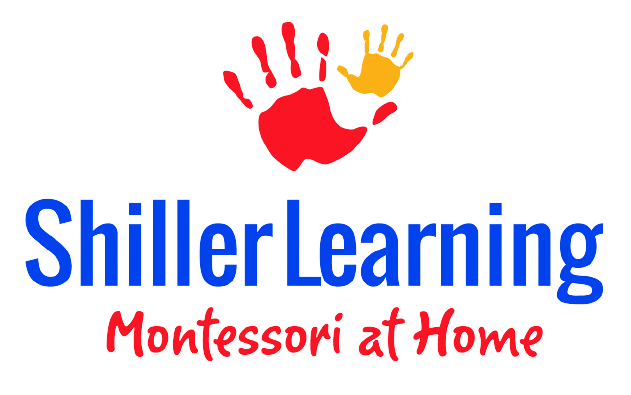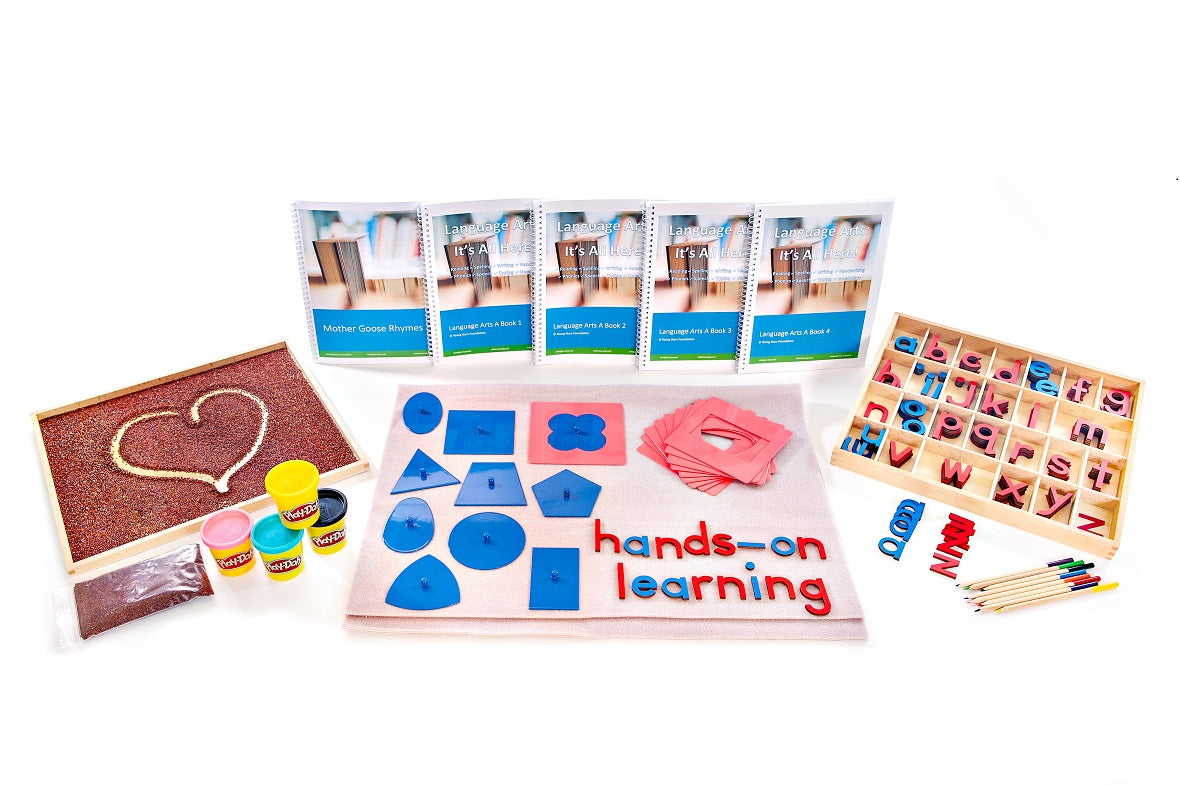6 Reasons Homeschool Works Better Than Public School For Our Family
When Jonathan grows up he might sit me down to have a stern talk for all the “schooling experiments” I’ve put him though.
At only 7-years-old, my son has done Montessori homeschool for preschool, attended school at a local farm, attended a Montessori school for preschool and kindergarten, and is now homeschooling again. One of the great things about homeschooling is that the option is always there to change. If something isn’t working, you can say, “This isn’t working for us, let’s try a different approach.”
A Montessori-style homeschool and Montessori classroom have similarities, but also have differences that can affect your child’s passion for learning and family life. Making a decision about the type of schooling to pursue for your child is no easy task.
Differences and Similarities to Consider Between Montessori Homeschool and a Montessori Classroom
-
Expertise in the Montessori Method - This is the most obvious. In a Montessori school, you’ll have at least one teacher who is Montessori certified. They have extensive training on the Montessori Method and receive ongoing training. There are a lot of resources available for parents to learn, but it can be time consuming and overwhelming to sort through all of it. The ShillerLearning math and language arts curricula are scripted, so there is no preparation time for the parent! We also have myriad resources here on the ShillerLearning blog and our YouTube channel to help you learn about the Montessori Method and multi-sensory education.
-
Access to materials - In a classroom, you have the benefit of tens of thousands of dollars of materials. Many Montessori materials are expensive, often outside the budget of families. And you always seem to need just one more manipulative before your homeschool is “perfect”. Homeschoolers can make a lot of materials on their own. You may also sell them second hand when no longer needed by your child. ShillerLearning money-saving kits are a convenient affordable way to purchase materials for your homeschool (or school classroom) without burdening your budget. A reviewer beautifully described ShillerLearning kits as, "Montessori distilled down to the essentials."
-
Experiences - Both approaches are going to have drastically different access to experiences. While you might not be able to provide some of the speakers and school-wide events that a school might have at home, homeschool experiences can be unique too. As a homeschooler you can hit the road to do school from anywhere, take in top speakers and children's programs at homeschool conventions, take the day off to attend special local events, learn from grandparents, and pursue unique interests.
-
Family involvement - There is an emphasis on family involvement in a Montessori school. Events occur throughout the year for families to take part in, there are parent volunteer opportunities, parent visiting nights, and most Montessori schools have a lot less homework than public school so students can be more involved at home. Students who are homeschooling have much more intimate family involvement and memorable moments, but a Montessori school does keep the family involved.
-
Schedule - This is often a key factor for parents when deciding what they’d like their child’s schooling to look like. For some families, the thought of sending their child to school for the majority of the day, then spending precious evening time doing homework, is unattractive. Others are attracted by the flexibility of the homeschool schedule, which leaves a lot more time for pursuing the child's interests. Academics are usually completed in far less time than the traditional school day.
-
Real-life experience - Maria Montessori emphasized the importance of using real materials and real life experiences for children. In a school this is in a "prepared environment" with child size items. At home they’ll get the real life experience right alongside you.
Evaluating and selecting our child’s educational choices is an important decision to make. It also doesn’t need to be a final answer. Determine the pros & cons for your family, your priorities, and make the decision that works best for your family. It’s not written in stone, and you can make changes as circumstances warrant.
Want more tips on making a decision or transition to homeschooling? Check out:
From Classic School to Homeschool: 8 Tips for New Homeschoolers






